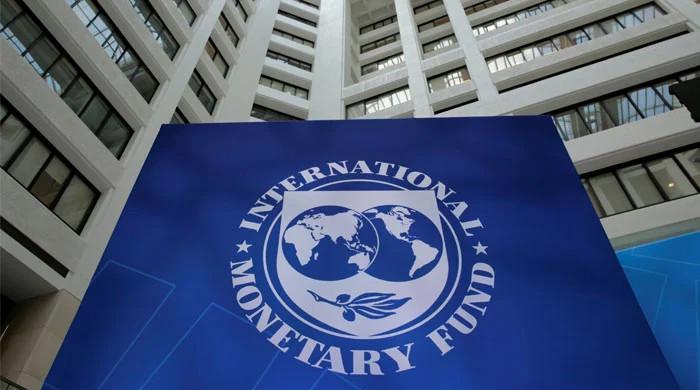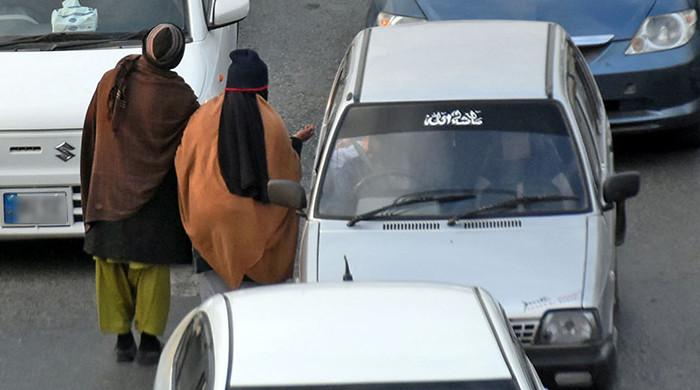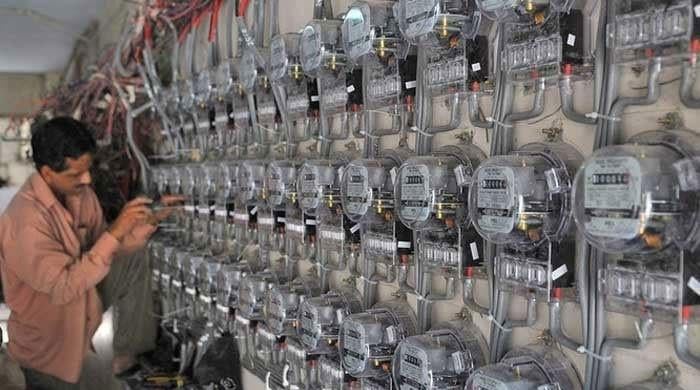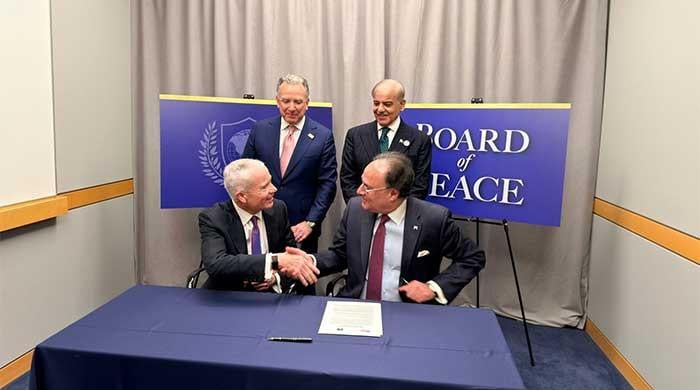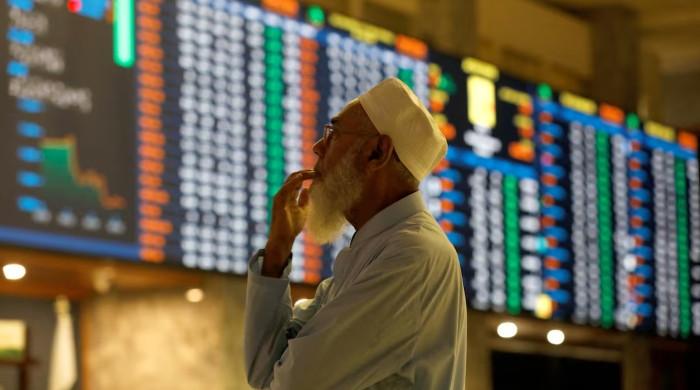SBP introduces measures to facilitate coronavirus-hit economy
Under new scheme, banks to provide financing at maximum end-user rate of 7% for 10 years to set up new industrial units
March 18, 2020
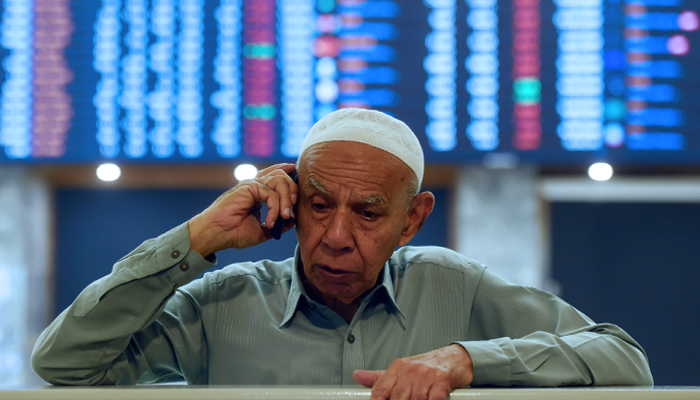
The State Bank of Pakistan (SBP) has introduced three key measures to facilitate the coronavirus-hit Pakistani economy and encourage investment at the same time.
In a press release issued Wednesday, the central bank said the measures — including the policy rate cut yesterday — were aimed at tackling "the economic and health challenges posed by the spread of COVID-19", or the novel coronavirus.
The new measures include a "Temporary Economic Refinance Facility (TERF)" and a "Refinance Facility for Combating COVID–19 (RFCC)" — both accompanied with their Shariah-compliant versions.
The TERF, according to the central bank, targeted stimulating new investment in manufacturing. "Under this scheme, the SBP will refinance banks to provide financing at a maximum end-user rate of 7% for 10 years for setting up of new industrial units," the statement read.
"The total size of the scheme is Rs100 billion, with a maximum loan size per project of Rs5 billion. It can be accessed by all manufacturing industries, with the exception of the power sector, where an SBP refinance facility for renewable energy projects already exists. In line with the SBP's other refinancing schemes, the credit risk will be borne by banks and the selection of projects to finance will also be determined by them.
"This scheme will help counter any possible delays in the setting up of new projects that investors were planning prior to the Coronavirus outbreak. It will be available for one year only, requiring a letter of credit (LC) to be opened by end-March 2021," the SBP added.
Help purchase coronavirus-related equipment
On the other hand, the RFCC aims at providing support to hospitals and medical facilities in fighting the coronavirus pandemic. According to the statement, the bank "will refinance banks to provide financing at a maximum end-user rate of 3% for 5 years for the purchase of equipment to detect, contain and treat the coronavirus".
"The SBP will provide this facility to banks at 0%. All hospitals and medical centers registered with federal or provincial health agencies and which are engaged in the control and eradication of COVID-19 will be eligible for this facility.
"The total size of the scheme is Rs5 billion, with a maximum financing limit per hospital or medical center of Rs200 million. This scheme will help contain the spread of the Coronavirus and reduce its toll. It is available until end-September 2020," it added.
A day prior, the SBP had announced a 75-basis-point decrease in the benchmark interest rate, effectively bringing it down to 12.5%, much to the disappointment of traders and the business community, who were expecting a bigger reduction of at least 200-300 basis points.
Import of medical equipment
It had also announced that loans to import medical equipment would be provided at 3% as it was crucial to control the coronavirus pandemic as soon as possible. It would offer lending at zero interest rate to financial institutions providing loans for similar purposes, it had added.
In its Wednesday press release, the bank said the coronavirus outbreak — the only major development since the Monetary Policy Committee (MPC) last met — had "precipitated a slowdown in world demand and volatility in global financial markets, as well as a steep fall in global oil prices".
"Together with the domestic deceleration in food prices and significant decline in consumer price expectations, the outlook for inflation in Pakistan has therefore improved", allowing for the rate cut.
"The current market volatility being experienced in Pakistan is externally driven and the strengthening in the fundamentals of Pakistan’s economy that drove the improvement in Pakistan markets before the Coronavirus outbreak remains intact. As a result, volatility is likely to subside as global risk aversion reduces," the SBP added.
'Economic suicide'
Following yesterday's meagre rate cut, Karachi Chamber of Commerce and Industry (KCCI) President Agha Shahab Ahmed Khan had said Pakistan's traders and the businesspersons "faced challenges everywhere".
"We had consistently pushed recommendations to bring the interest rate to single digits," he had said, adding that the economy was running on revenue generation and collection and that the PTI government needed to offer some kind of support to the business community.
"What needs to be done is not being done," he had complained.
Business magnate Arif Habib had termed the policy rate cut "depressing", saying the government was choosing not to see its finances and was instead "committed to economic suicide".
"They first committed suicide by devaluation [of currency] and they have now committed suicide by not reducing the interest rate [adequately]," he had added.
'Business community has lost trust'
Habib had explained that the government could have saved Rs300 billion if it reduced the interest rate by 1%; had it been brought down by 2%, the impact on the budget would have been Rs600 billion annually.
"The government will only earn revenue if the businesses keep running," he had said.
Topline Securities Chief Executive Mohammed Sohail had noted that the coronavirus pandemic had triggered a slowdown.
"A bigger interest rate cut would have provided stimulus to the economy and it was a great opportunity to restore traders' trust," he had said. "Ever since the incumbent government came into power, the business community has lost its trust in the leadership," he had added.
KCCI Senior Vice President Khurram Shahzad termed it a "conservative decision" and said there was a lot of space for a reduction in the policy rate.





